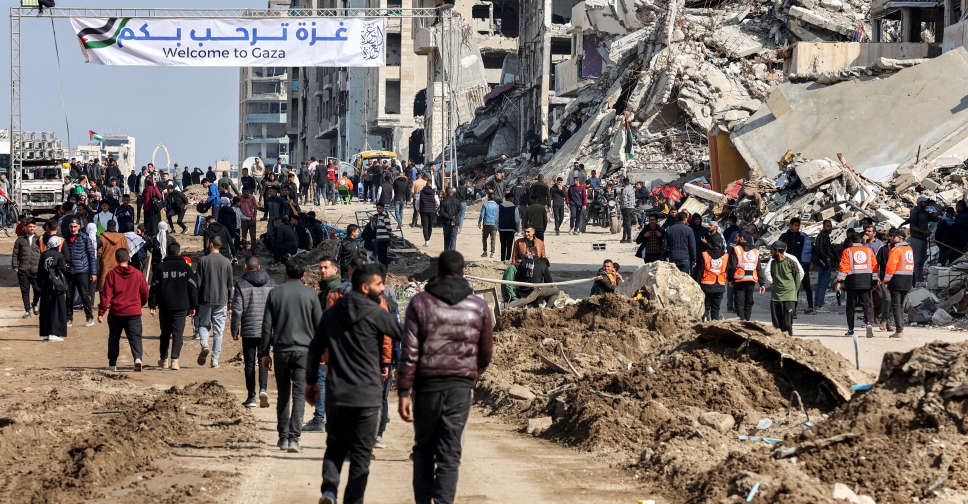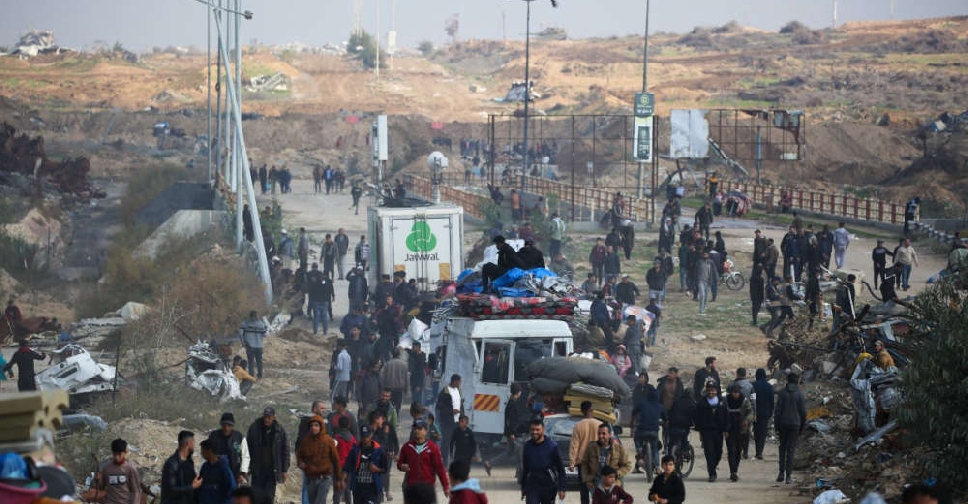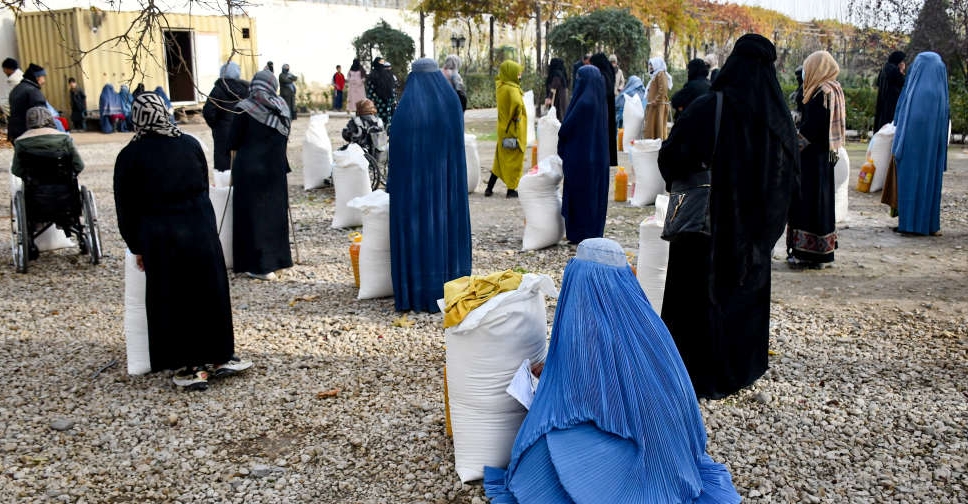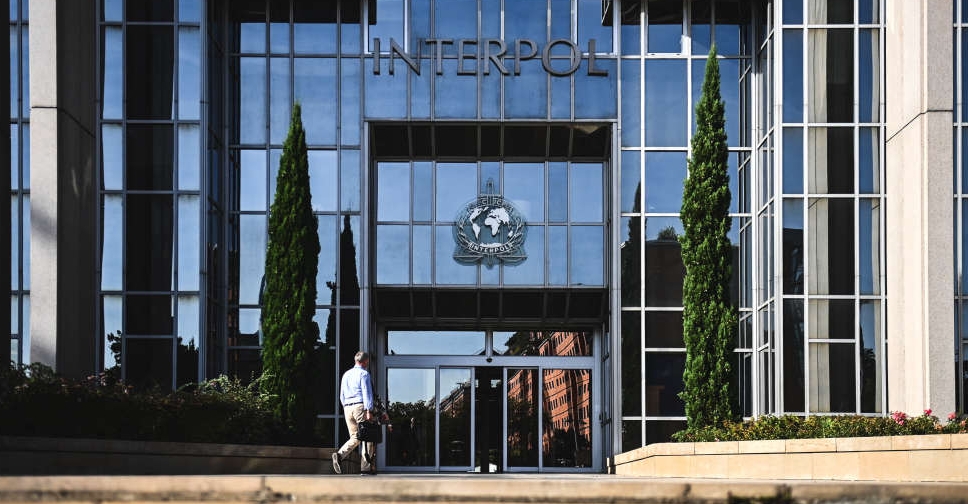
Tens of thousands of Palestinians began moving along the main roads leading north in Gaza on Monday as Israel opened roadblocks after Hamas agreed to hand over female Israeli hostage Arbel Yehud and two other hostages.
Television images showed large crowds on the move and witnesses said the first residents arrived in Gaza City in the early morning after the first crossing point in central Gaza opened at 7.00 a.m. (0500 GMT). Another crossing was due to open at 9.00 a.m.
As news that the crossings would be opened filtered out, thousands of displaced families burst in cheers at shelters and tent encampments.
"No sleep, I have everything packed and ready to go with the first light of day," said Ghada, a mother of five.
"At least we are going back home, now I can say war is over and I hope it will stay calm," she told Reuters via a chat app.
Under the terms of the ceasefire agreement, residents of northern Gaza were due to return at the weekend but Israel said that Hamas had broken the deal by failing to release civilian hostage Yehud and kept the crossings closed.
Late on Sunday, Qatari mediators said Hamas had agreed to released Yehud and two other hostages before Friday and that Israel would in return allow displaced Palestinians to return to northern Gaza starting Monday morning.
Israeli Prime Minister Benjamin Netanyahu confirmed on Sunday that Yehud, soldier Agam Berger and another hostage would be released by Hamas.
He also said in a post on X that Israel will allow displaced Gaza families to return to homes in the north of the Palestinian enclave starting Monday morning.
"The prime minister reiterates that Israel will not tolerate any violation of the agreement. We will continue to act for the return of all of our hostages, the living and the deceased," said a statement issued by Netanyahu's office.
Following the Qatari announcement, Hamas said early on Monday that it handed over to the mediators the required information regarding the list of Israeli hostages who will be released during the first phase of the Gaza ceasefire agreement.
The move brokered by Qatar and Egyptian mediators would allow around 650,000 Palestinians in central and southern Gaza Strip to return to homes in the north of the enclave, most of which had been laid waste by 15 months of Israel's aerial and ground offensive. More than 47,000 Palestinians have been killed in the offensive, according to the Gaza health ministry.
Hamas took around 250 hostages during the October 7, 2023 attack on Israel in which about 1,200 people were killed, according to Israeli tallies. It sparked the latest bloodshed in the decades-old Israeli-Palestinian conflict. The fighting has currently paused amid a fragile ceasefire.
Tens of thousands of Palestinians had waited for two days at roadblocks to return to their homes in northern Gaza, voicing frustration after Israel accused Hamas of breaching a ceasefire agreement and refused to open crossing points.
The Israeli military put out a statement telling Gaza residents they would be allowed to return on foot through the coastal road at 0500 GMT, and in vehicles through the eastern Salahudeen road at 0700 GMT.
It warned them against approaching Israeli forces' positions.
"The transfer of militants or weapons via these routes to the northern Gaza Strip will be considered a breach of the agreement. Do not cooperate with any terrorist entity that may try to exploit you to transfer weapons or prohibited materials," said the military.
 Gaza residents stream home to the north after hostage breakthrough
Gaza residents stream home to the north after hostage breakthrough
 DeepSeek hit by cyberattack as users flock to Chinese AI startup
DeepSeek hit by cyberattack as users flock to Chinese AI startup
 India, China to resume direct air travel after nearly five years
India, China to resume direct air travel after nearly five years
 WFP says aid cuts to Afghanistan leave millions hungry
WFP says aid cuts to Afghanistan leave millions hungry
 37 terrorists arrested in East Africa, Interpol says
37 terrorists arrested in East Africa, Interpol says




